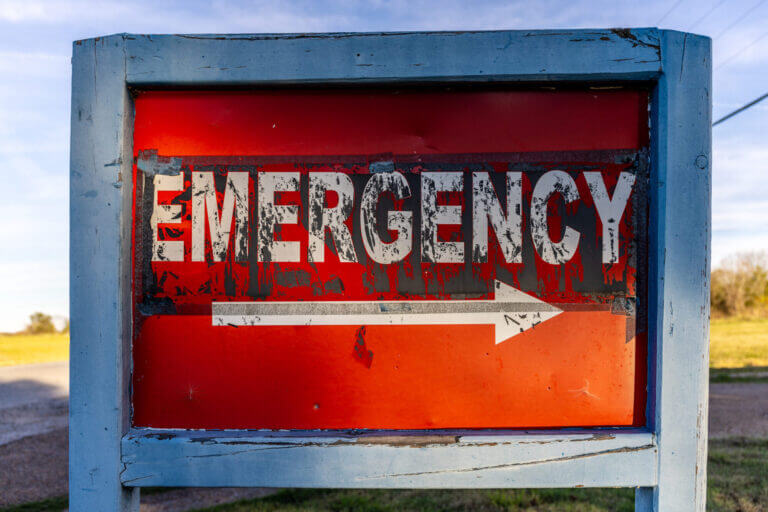
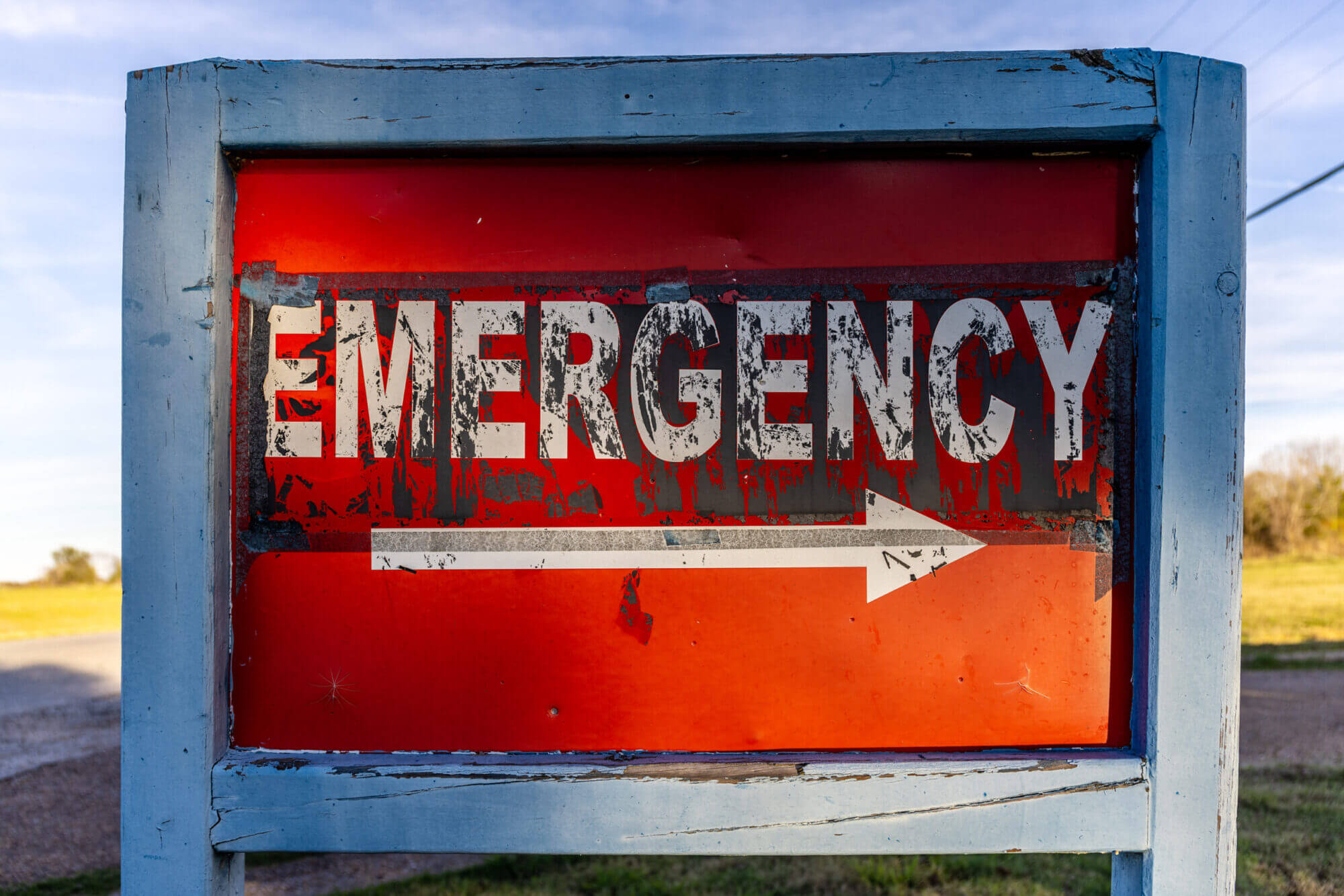
At least $500 million is expected to flow into Mississippi over the next five years as a part of a major federal investment into rural healthcare.
The funding aims to offset the disproportionate impact already-struggling rural hospitals are expected to bear as a result of Medicaid spending cuts signed into law by President Donald Trump this summer.
More than half of Mississippi’s rural hospitals are at risk of closing. Republican Gov. Tate Reeves will decide what to include in the state’s one-time application for the funding, which is due in just over a month.
Reeves did not respond to Mississippi Today’s questions about his plans or priorities for the funds.
Legislators hold the authority to appropriate money through the “power of the purse.” During a state budget hearing Sept. 24, House Speaker Jason White expressed frustration that they have not been more included in the decision-making process.
This sets the stage for a possible conflict between the governor and legislators over who has the authority to appropriate the funds, echoing disputes that arose during the distribution of federal COVID-19 aid.
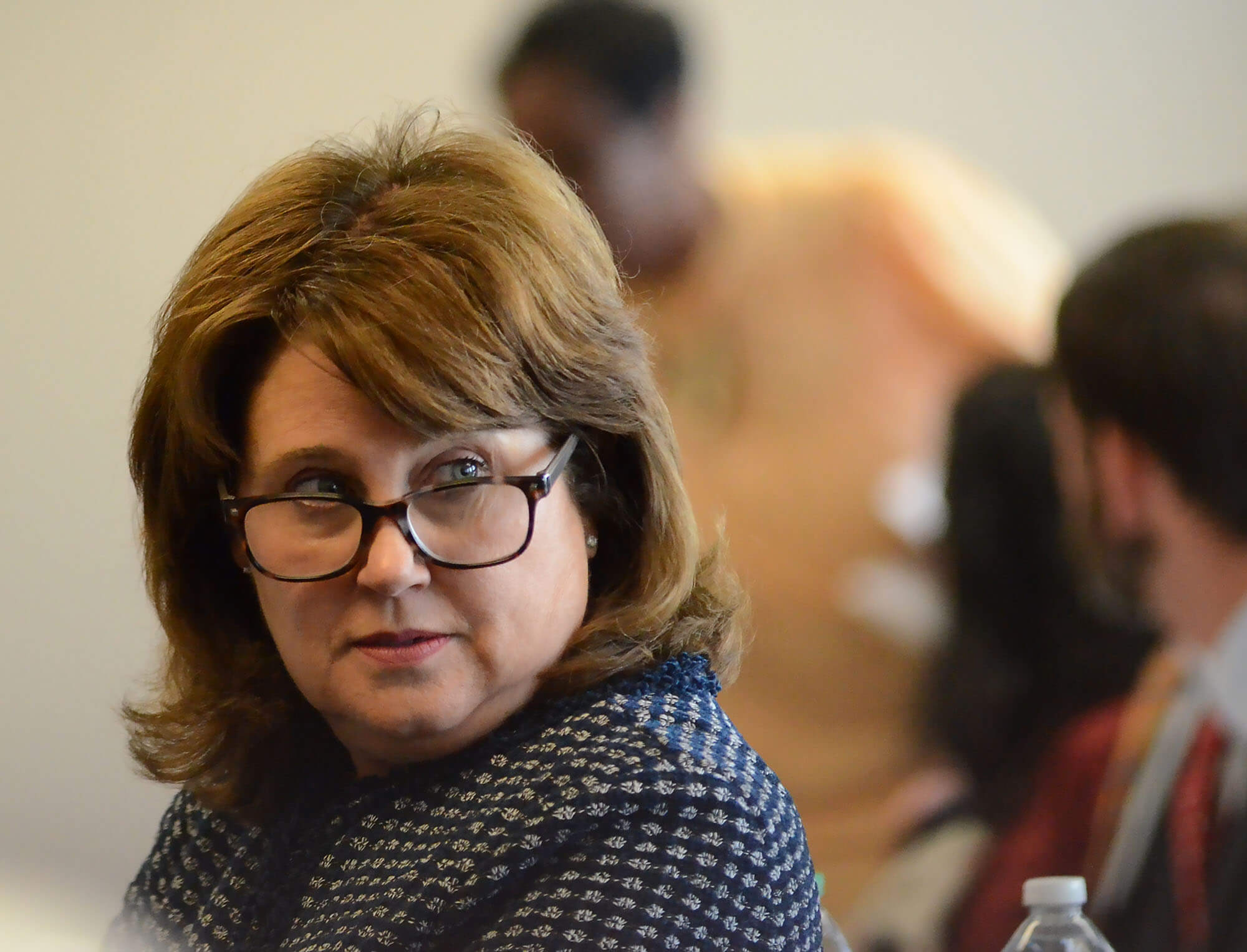
“I understand the timeline’s tight,” White said to Mississippi Medicaid Director Cindy Bradshaw. “But I also understand, I think people want to have input on what that looks like if they’re going to be appropriating the money.”
The state Division of Medicaid and the Department of Health are supporting the governor in crafting the application.
Half of the $50 billion Rural Health Transformation Program will be distributed evenly among all states with approved applications, amounting to $100 million a year for five years per state if all states apply and are accepted. The other half will be allocated to states based on a variety of factors, including the rural population, the proportion of rural health facilities and the condition of hospitals.
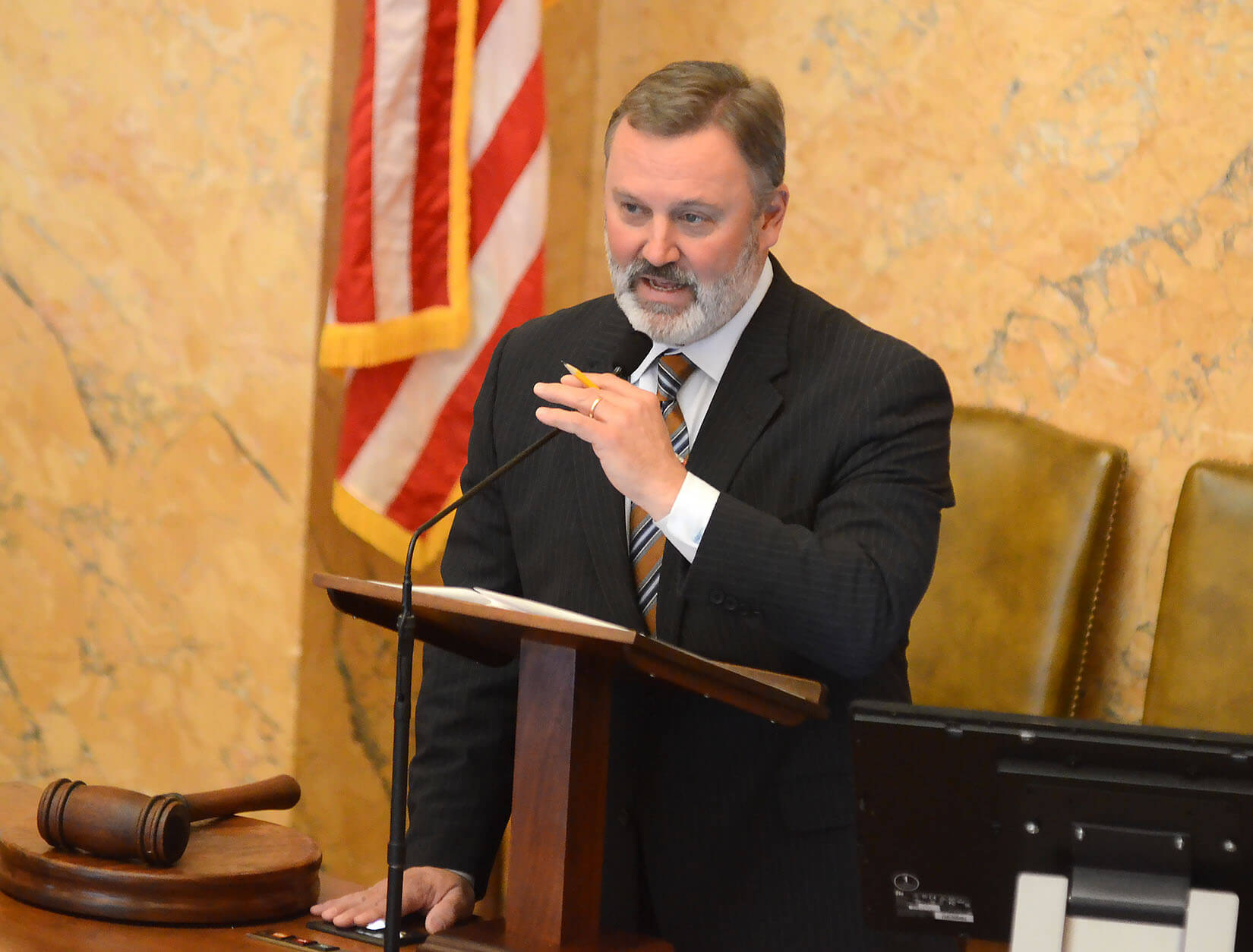
Health care leaders told Mississippi Today they expect the discretionary funding allocations to benefit Mississippi, where most people live in rural communities and two out of three hospitals are in rural areas.
“The key takeaway is Mississippi does do really well with this,” said Ryan Kelly, executive director of the Mississippi Rural Health Association, an organization for health professionals and advocates.
The funding is focused on strengthening access to health care by investing in lasting improvements to preventive medicine, collaboration between health care facilities, workforce development and innovations in care and technology.
Hospital leaders have warned that the federal cuts could force some rural hospitals to stop some services or close their doors.
Bradshaw estimated that cuts to state directed payments, which help hospitals offset low Medicaid payments, will amount to a loss of $160 million a year beginning in 2029.
Rural hospitals may also shoulder rising costs of uninsured care if enhanced premium tax credits, which make marketplace insurance more affordable, expire at the end of this year. Over 100,000 Mississippians are expected to lose health insurance coverage if the credits are not extended.
Some advocates caution that the federal investment in rural health care will be too little to offset the losses Mississippi’s rural hospitals will face.
“It simply won’t be enough,” said Khaylah Scott, a program manager for the Mississippi Health Advocacy Program, an organization aimed at improving health policies.
She called the program a “Band-Aid,” noting that it is temporary and will cover only about a third of the estimated losses to federal Medicaid funding in rural areas.
Bradshaw said the new funding alone may not resolve the challenges facing rural hospitals.
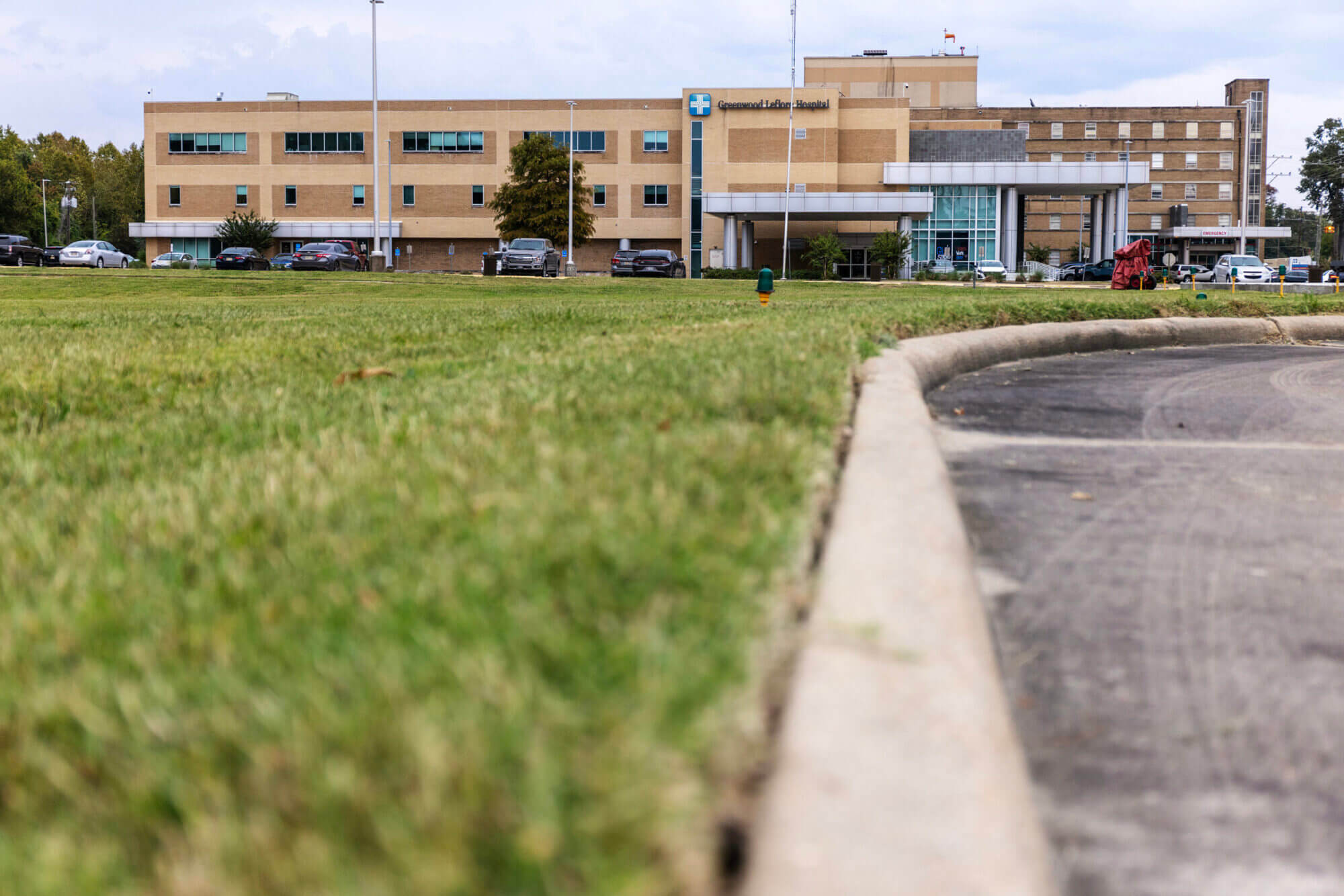
“Throwing more money at hospitals I don’t think is necessarily the answer because we’ve done that the last two years and they’re still not thriving,” Bradshaw told legislative budget leaders.
The application opened in mid-September and states must submit a plan before Nov. 5. The federal government will approve applications by the end of the year.
“The timing is really tricky and maybe even unfortunate that we have such a short amount of time to be able to submit the application,” Bradshaw said.
Mississippi has moved quickly to solicit input from stakeholders and health leaders.
A survey released at the end of July yielded over 120 responses. Thirteen stakeholders were invited to a closed-door meeting Aug. 28 to present their ideas for the program to representatives from the governor’s office, the Division of Medicaid and the Department of Health.
The state has not held any public meetings or hearings. Other states, including Louisiana, have held outreach meetings around the state to gain feedback from stakeholders and rural residents.
The Mississippi Hospital Association was one of 13 organizations chosen to present ideas to the governor.
“We feel like those funds really need to be focused on the rural hospitals to help them absorb some of the upcoming losses of those supplemental payments that have been so vital in keeping the doors open and keeping access to care alive in those rural areas,” said Richard Roberson, the association’s president and CEO.
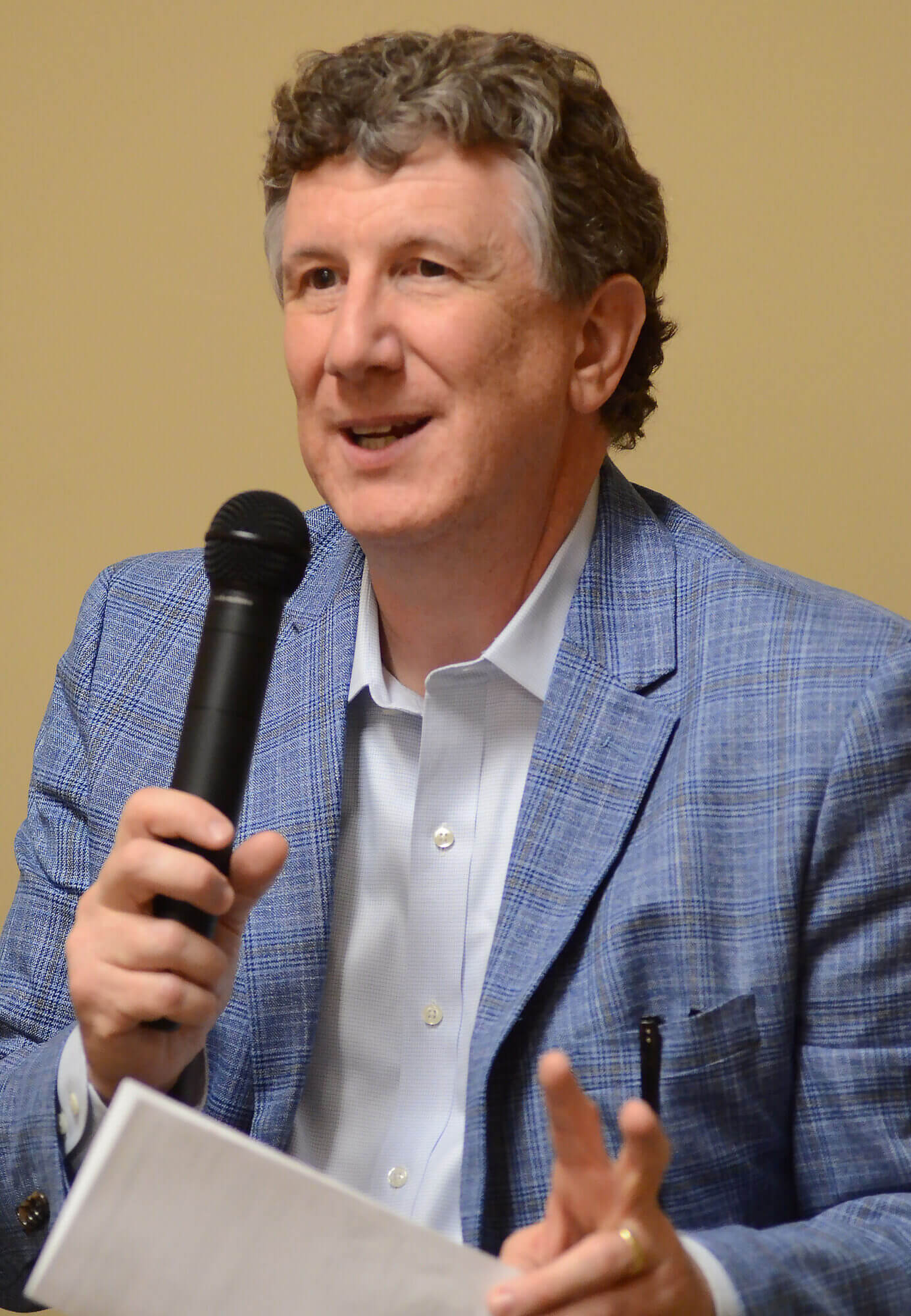
The association has proposed using the funding for a grant to help rural hospitals cover costs of uncompensated care, improve infrastructure, create programs to recruit and retain health professionals in rural areas, expand the state’s ability to share information between providers and improve telehealth technology.
The Mississippi Healthcare Collaborative, which represents other hospitals and health care organizations and was also invited to present at the forum, did not respond to a request for comment from Mississippi Today.
The program will give Mississippi the opportunity to fund “ready projects” the state has been studying the past two to three years, State Health Officer Dr. Daniel Edney said in an interview with the Association of State and Territorial Health Officials.
Department of Health spokesperson Greg Flynn declined to say which projects Edney was referencing, citing the governor’s authority to make final decisions about the application.
Kelly, of the Rural Health Association, said it is difficult to determine how to support rural health care with a large amount of funding.
“Normally we have to find ways to do things without money,” he said. “Now, it’s like we have to flip on its head what we’ve had to do, and now we have to find a way to spend money – a lot of money. And that’s kind of a challenge.”
- State fire marshal is investigating troubled Unit 29 at Parchman prison - February 26, 2026
- Mississippi’s Winter Storm Fern losses exceed $107 million, state insurance department says - February 26, 2026
- DNA evidence linked to a Greenville homicide is missing. Now the finger-pointing begins - February 26, 2026